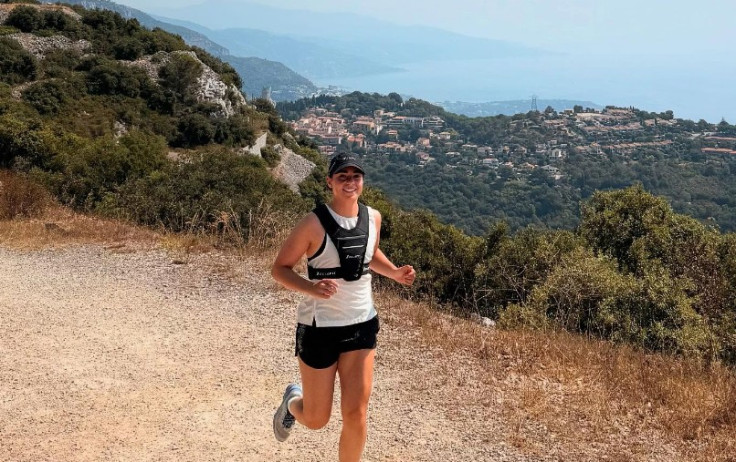Jamie Chadwick Hits Back at F1 Hype – Girls Need Support, Not Headlines About 'First Woman'
Chadwick urges more pathways for girls to enter motorsport

British racing driver Jamie Chadwick has criticised the way female achievements in motorsport are often framed, saying that women in Formula One and beyond need greater support rather than headlines about being the 'first woman' to succeed. Speaking ahead of her endurance racing commitments and role as a mentor in the F1 Academy, Chadwick stressed that real progress will come from investment, grassroots opportunities and cultural change.
Jamie Chadwick's Career in Motorsport
Chadwick, 26, is one of the most successful female drivers in modern racing. She has won the W Series three times, secured podiums in the Indy NXT championship in the United States and achieved victories in endurance racing, including the European Le Mans Series.
In 2025, she is preparing to make her debut at the 24 Hours of Le Mans, competing in the LMP2 category. Alongside her own career, Chadwick is also involved in mentoring roles through the F1 Academy, which is designed to create a clearer pathway for female drivers aspiring to reach Formula One.
Rejecting the 'First Woman' Narrative
Chadwick has repeatedly voiced her frustration with how the media frames her career. In interviews with Motorsport Magazine, she said: 'I do hate this "first woman to win" chat ... for me it's such a negative thing.' She added that such headlines can overshadow her performance on track and reinforce tokenism rather than merit.
In a separate interview with GQ, she noted that phrases like 'first woman to win' mean little when so few women are given the chance to compete at the top levels.
According to Chadwick, if motorsport offered equal opportunities at every stage, female drivers achieving wins would no longer be seen as extraordinary.
Call for Real Support in Motorsport
Instead of focusing on labels, Chadwick is calling for investment in infrastructure and development programmes that bring more young women into motorsport. She has been active in promoting grassroots karting initiatives and believes that participation at an early age is crucial.
As reported by The Sun, Chadwick said there has always been a fixation on seeing a woman in Formula One, but increasing the overall number of female professional drivers would be a stronger starting point.
Cultural Shifts in the Racing World
Chadwick acknowledges that motorsport is slowly evolving. In an interview with ESPN, she pointed out that the sport 'is not as male-dominated as it once was' and noted that more women are now entering engineering, mechanics and management roles within teams.
Programmes such as the F1 Academy and increased visibility of female drivers have contributed to a shift in perception.
Although still a minority, women are gradually gaining more representation in competitive racing and support roles across the industry.
Barriers That Remain
Despite cultural progress, significant obstacles remain. Securing funding and sponsorship continues to be harder for female drivers compared with their male counterparts. Technical aspects of the cars also present challenges, with cockpit and steering designs often based on male physiology.
Chadwick has previously raised concerns, telling The Guardian in 2022 that women may struggle with the physical demands of Formula Two and Formula Three unless changes are made to equipment design.
These barriers, combined with limited visibility at junior levels, highlight why she argues that tangible support and investment are more important than celebratory headlines about being a 'first woman'.
© Copyright IBTimes 2025. All rights reserved.




















